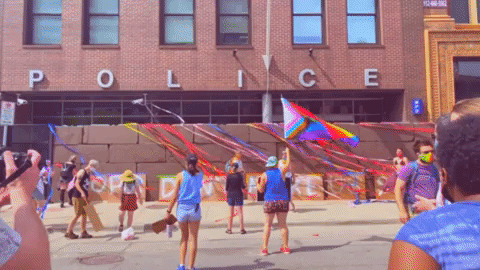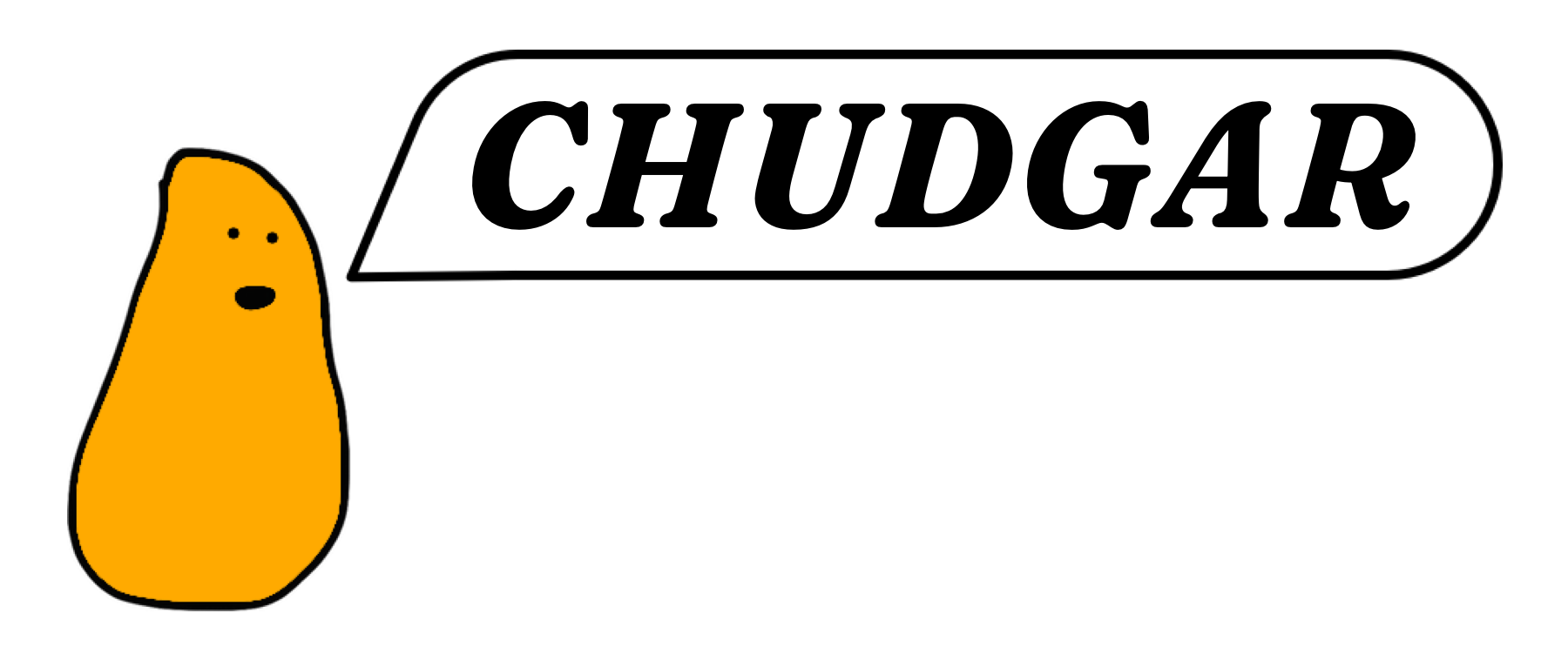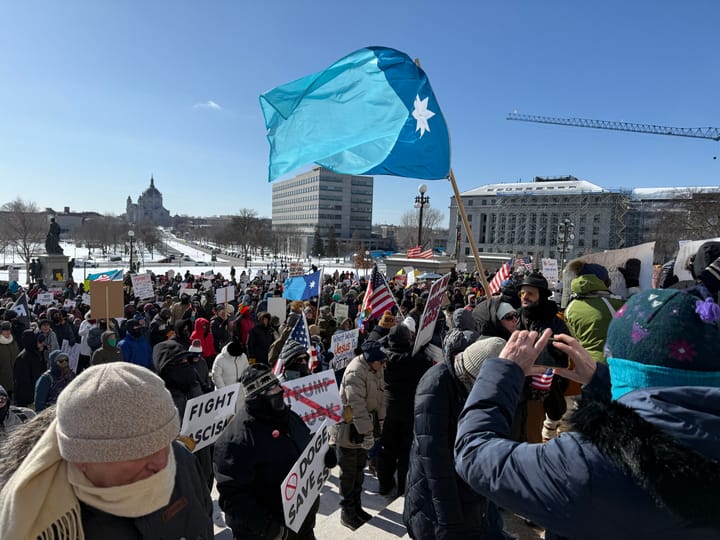Community safety from the inside out
What I learned from the 2020 uprising for justice in Minneapolis led me to discover oppressive policing where I least expected it: in my own mind. That discovery led me to the liberating model of community healing I use in my coaching today.

How I learned about the cops in my head
Yeah, the cops are in our heads and hearts … . We often reenact cop behavior among each other. — Mariame Kaba
Minneapolis, where I live and work, became a global emblem of oppression at the end of May 2020. But that summer, even as the ashes of the Third Precinct station were still smoldering, local healers and activists were already organizing the rest of us to reduce the harms of our police violence and mass incarceration, empower poor and minoritized people to keep each other safe, and build lasting community power. By volunteering in some of those organizing efforts, I encountered radical ideas that I’d never contemplated before — ideas like prison and police abolition, restorative justice, and mutual aid — which led me into whole new lines of inquiry in the months that followed.
What I was learning about identity, power, and oppression changed how I understood the world around me. It also focused my attention on the ways power and oppression seemed to be working within my own mind. When I started paying closer attention to the behavior of my familiar “inner critics,” I soon realized my consciousness was just as over-policed and under-protected as the city where I lived. That troubling discovery led me directly to a radically liberating model of human ecology called Internal Family Systems (IFS), which is the foundation of my coaching practice today.
Human beings as internal communities
The IFS model invites us to think of our own inner lives as social systems. As we experience our own awareness, most of us can readily identify several individual sub-personalities within us — inner children, inner protectors and critics, inner coaches and champions, that sort of thing. If you’ve ever found yourself feeling ambivalent, or accused yourself of hypocrisy, or given yourself a pep talk (or a scolding), you’ve had direct first-hand experience of your own “internal family.”
All the parts of our inner world seem to be with us all our lives, normally and naturally, and their personalities and relationships with each other make each of us uniquely who we are. On this model, most people naturally have “multiple personalities” — not as a symptom of mental illness, but by our very nature.
How our inner families protect us
Every member of our internal community shares one basic goal: to keep us feeling as safe and happy as possible. IFS theory takes as an axiom that every part of every person fundamentally cares for that person’s wellbeing. My experience, within myself and for every one of my clients, agrees.
Just as different people seem wired to protect themselves in different ways, so do different parts of the community inside us. These protective strategies take a few general forms:
- 🚨🚒 Some parts of us react quickly and dramatically to protect us from overwhelming feelings.
- 🗓️⏲️ Other members of our inner communities carefully supervise our lives to keep those feelings from arising in the first place.
- 🫥🚫 And still other parts of us, most courageously of all, protect us from the very worst suffering in our lives — the unbearable feelings of shame, rage, horror, and grief that result from trauma and oppression — by absorbing all of it and disappearing from our conscious awareness altogether.
The parts of ourselves who protect us are not pathological “defense mechanisms”: their work keeps us alive and sane all our lives. But like all protectors, they can and often do cause great suffering. As my wise colleague Katie LaCelle likes to say, suffering is what happens “when protection becomes oppression.”
When protection becomes oppression
By the time we’re grown-ups, many of us have inner communities defined by structural oppression. Over the years, in a constant effort to stay safe, parts of ourselves end up shamed into silence, locked up behind bars, driven into exile, or otherwise excluded from full membership in the community of who we are.
My internal community was just like that in the summer of 2020: a dark and violent place where children were never seen, armed patrols beat up on “undesirables” with impunity, and the very possibility of safety seemed to depend on the constant threat of violence. And that is the internal situation in which I encountered IFS. Unlike any other therapeutic method I’d ever encountered, this plural model of mind described what my inner life actually felt like — and it offered a clear and powerful theory of healing as liberation.
Why we oppress some parts of ourselves
Individual trauma and structural oppression tend to take very similar forms, the way the veins in the leaves of a tree are fractal miniatures of its branches. The protective strategies various parts of us adopt look like social oppression, and feel oppressive, because they are. Just like protective systems in the external world, protective parts of ourselves don’t act oppressively just because they’re cruel (though they certainly can be) — they truly believe that there is no other way to keep us safe.
Our protective parts arrive at that belief from hard experience. Especially when we’re small, socially minoritized, economically impoverished, or otherwise extra-vulnerable to harm, letting some parts of ourselves oppress other parts is a matter of daily survival. (If you’re a Black or Indigenous person who’s been pulled over by the Minneapolis police, for example, silencing the parts of yourself who feel terror or rage might literally save your life.) Over time, many of us become so accustomed to the oppressive police state in our own minds that we simply can’t imagine being safe without it.
But sometimes — often around midlife, it seems — our internal protective strategies start to fail. Protective parts of ourselves, exhausted by decades of thankless toil, sometimes break down, act out, or go on strike. Shameful parts who’ve been carefully hidden since childhood suddenly start rattling the bars of their cells, often at the most inopportune times. What used to work stops working. That moment in my life was when I discovered my internal family. Today, my clients find me at similar moments in theirs.
How our inner communities can heal and get free
Though folks usually express their concerns in the language of mental-health symptoms, my working theory is that my clients are suffering because some parts of themselves are oppressing others. So as a coach, I go along in solidarity with my clients, side by side, as they explore the social dynamics of their own internal communities. I keep them company as they learn about how the various parts of themselves interact, and I model how to treat every member of their “internal family” with patience, respect, and compassion.
As we explore their internal world, here’s what usually happens:
- Learning about the past. My clients and I discover the historical reasons why the parts of them adopted their current configuration.
- Honoring protectors. We identify the protective parts of them who are acting oppressively, honor their positive intentions and years of service, and gradually work with them to find ways to secure the system’s safety without coercive internal policing.
- Liberating exiles and restoring justice. Once those protectors are willing to take a chance on a different approach, my clients are ready to liberate the parts of themselves who’ve been kept out of sight, bear witness to the harms they’ve suffered, and arrange for restorative justice among all their internal inhabitants.
- True safety for all. And then, once every part of who they are has been restored to full membership in the loving community of their selves, they can go forth to live their lives in safety, with joy and inner harmony.
I can describe this method of healing with confidence because I’ve experienced it in my own life. Getting to know the protective parts of myself has not only decarcerated my inner world — it’s allowed those parts to take accountability for harms they’ve done to other parts of me and repair their relationships on a foundation of mutual respect and shared liberation. As a coach, I now get to accompany my clients as they help every part of who they are heal and get free in the community of themselves.
Thinking into the work ahead
Practicing in this way helps liberate the work of healing emotional suffering from he oppressive structures of clinical mental healthcare. This work makes internal healing and liberation available entirely outside the categories of mental illness, diagnosis, treatment and financing. Folks who have been poorly served, or actively traumatized, by mental healthcare in the past often seek out coaching as a liberating alternative route to healing. (Coaching can also work very well as a complement to traditional mental healthcare for people who, like me, have diagnoses that benefit from medical treatment.)
But as a coach who practices one-on-one, the support I have to offer is still so costly, even with a sliding scale and barter options, that it’s effectively out of reach for most people — particularly those who, carrying heavy burdens of generational trauma and intersectional oppression, could use this kind of liberating internal work the most.
For just that reason, like-minded IFS colleagues and affiliated partsworkers, here in town and internationally, are starting to experiment with new ways to make the model’s healing power more accessible to more people for less money, and to organize other practitioners in support of the liberatory and anti-oppressive version of the model that many of us practice.
How Inclusive Therapists made this post possible
To joint the Inclusive Therapists community, I had to answer four very deep questions about my coaching practice. The first version of this post was my answer to one of them. Here are the rest:



